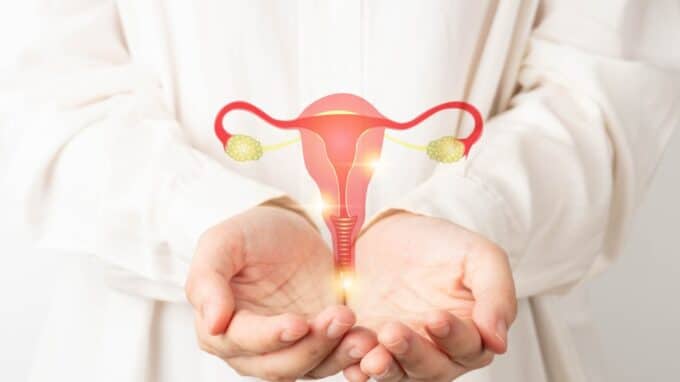A common disorder that affects fertility by producing too much insulin can be treated naturally through meal timing. Research shows that eating more calories at breakfast can lead to lower testosteron...
Proper Meal Times Help to Improve Fertility in Women With PCOS








